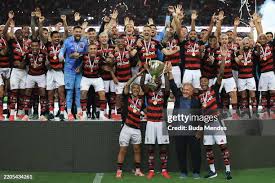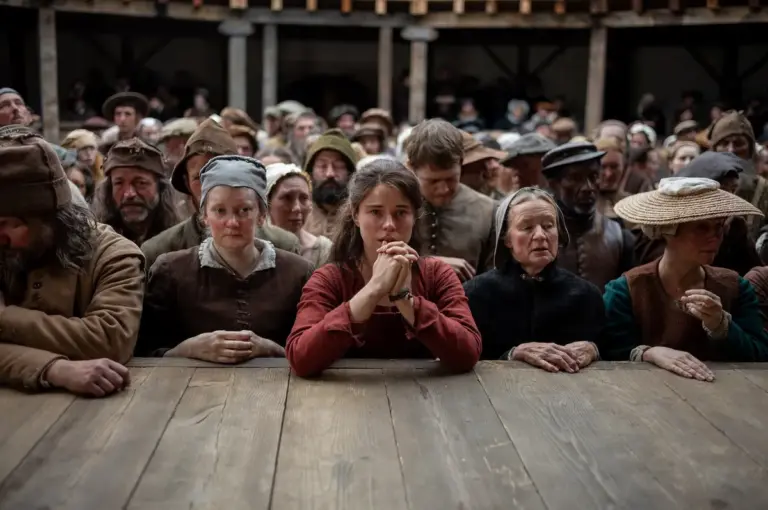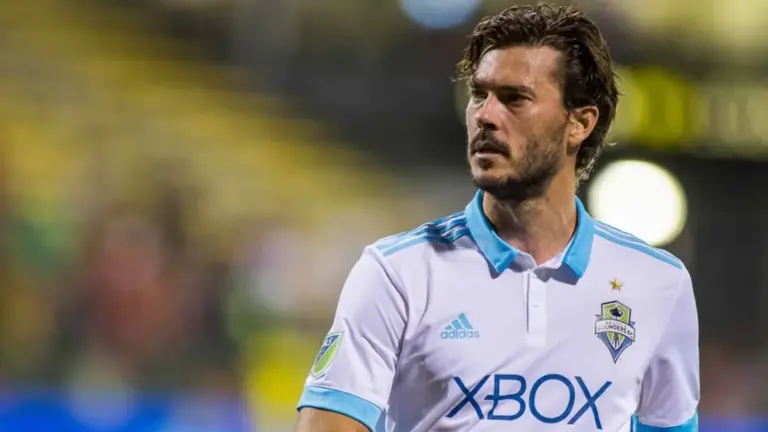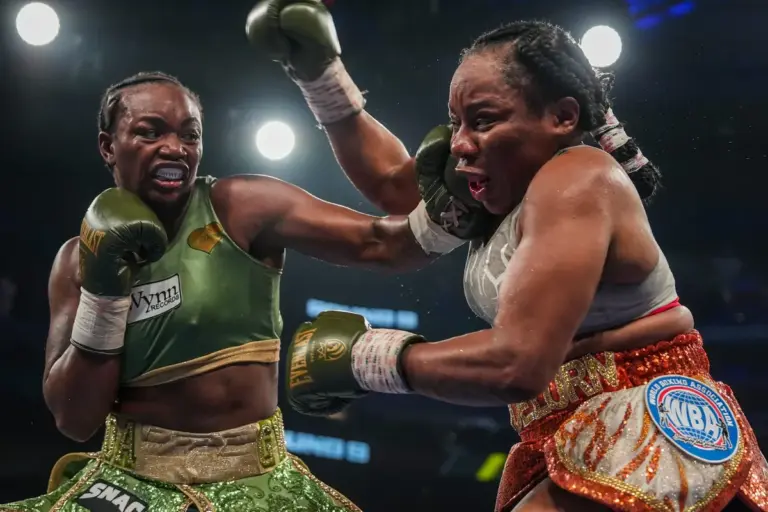
Introduction
Flamengo, officially known as Clube de Regatas do Flamengo, is one of the most renowned football clubs in Brazil and Latin America. Founded in 1895, Flamengo has become a cultural icon and a symbol of pride for millions. The club has garnered immense popularity due to its rich history, passionate fan base, and remarkable achievements in Brazilian football. In an era where football is not just a sport but a global phenomenon, Flamengo’s significance continues to grow, making it relevant both regionally and internationally.
Recent Achievements
In 2023, Flamengo continues to shine in the Brazilian football landscape. The team secured its place in the final of the prestigious Copa do Brasil and is competing vigorously in the Brasileiro Série A. Under the management of Jorge Sampaoli, Flamengo has shown resilience and determination, drawing on both experienced international players and promising young talents from their academy.
This season, star players like Gabriel Barbosa, known as Gabigol, and Bruno Henrique have been the backbone of the team’s offensive strategies. Their skills have kept fans on the edge of their seats, contributing significantly to Flamengo’s quest for more silverware.
Flamengo’s Fan Base
One of the most astonishing aspects of Flamengo is its unwavering fan loyalty. The club boasts one of the largest fan bases in Brazil, with an estimated 40 million supporters worldwide. This passionate following plays an integral role in creating a vibrant atmosphere during home matches at the Maracanã Stadium, which has a capacity of nearly 79,000 spectators. The echoing chants and colorfully coordinated displays by the Flamengo supporters have become a hallmark of the club’s match day experience.
Conclusion
As Flamengo heads into the latter part of the 2023 season, its legacy only continues to expand. The club’s rich history and commitment to excellence promise not only to maintain its status as a powerhouse in Brazilian football but also elevate it on the global stage. Fans and followers will keenly observe how the team navigates upcoming challenges, and there is optimism that Flamengo will add to its illustrious collection of titles. For readers, following Flamengo is more than just supporting a football team; it is being part of a storied narrative woven into the fabric of Brazilian culture.



